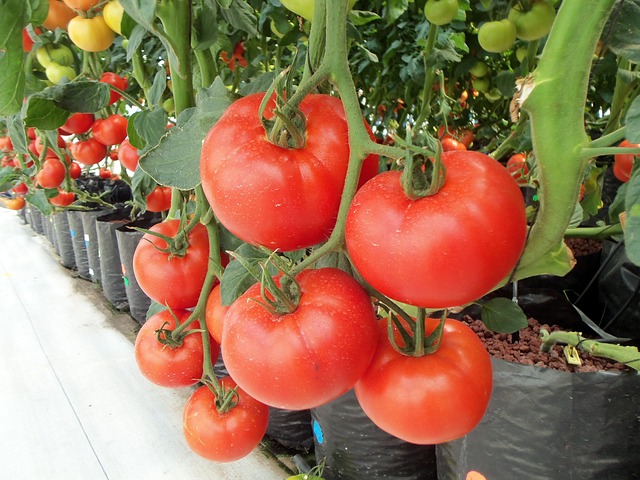
As environmental concerns grow, the agriculture sector is adopting sustainable farming methods such as hydroponic farming, organic farming, and permaculture farming. These methods prioritize food production while maintaining ecological balance and ensuring food safety. Whether through hydroponic cultivation or free-range poultry farming, modern farms are moving towards more eco-friendly farming systems.
Hydroponic farming is a soil-less method of growing crops where plants are cultivated in nutrient-rich water solutions. This system uses less water and space compared to traditional farming, making it highly efficient, especially in urban areas or regions with limited arable land. Smart farms that use hydroponic methods can produce fresh, pesticide-free vegetables all year round.
Organic farming focuses on cultivating crops and raising livestock without synthetic fertilizers or pesticides. This farming system emphasizes the use of natural processes and inputs, such as farmyard manure and compost, to enhance soil fertility. Organic farming not only contributes to healthier food production but also promotes soil conservation and biodiversity.
Permaculture farming is a holistic approach that mimics natural ecosystems, ensuring long-term sustainability. It integrates various elements such as plants, animals, water, and energy to create self-sustaining ecosystems. This method aligns well with mixed farming, where crops and livestock complement each other, ensuring resource efficiency and boosting farm resilience.
Organic kheti, or organic farming, combines traditional practices with modern sustainability principles. In agriculture organic farming, natural materials are used to enhance soil quality, including farmyard manure, compost, and green manure. These materials improve the best soil for farming, resulting in better yields and healthier crops.
In poultry farming, two popular methods are the battery cage system in poultry and free-range poultry farming. The battery cage system confines chickens to small cages, optimizing space but raising ethical concerns about animal welfare. On the other hand, free-range poultry farming allows chickens to roam freely, leading to healthier birds and better-quality eggs and meat.
Smart farms use technology and data to enhance productivity while reducing environmental impact. From hydroponic farming to precision agriculture, smart farms optimize water, fertilizer, and energy use. Sensors, drones, and automation systems help farmers monitor crop health and make data-driven decisions.
The future of agriculture lies in green farming methods that prioritize sustainability, food safety, and environmental protection. Whether through organic food farming, hydroponic cultivation, or permaculture farming, the adoption of these eco-friendly farming systems is essential for the future of food production. By embracing these practices, we can ensure a more sustainable and resilient farming industry for generations to come.





